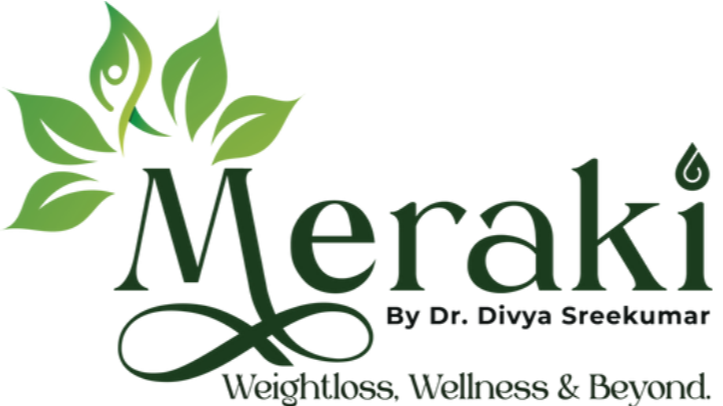Taking care of your gut is essential, and adding the right foods can make a big difference. Foods for gut health include options rich in probiotics. These friendly bacteria are crucial for keeping your digestive system in tip-top shape. Let’s explore how probiotics can improve your wellbeing.
Why Gut Health Matters?
Gut health is more than just digestion. It’s about how your body absorbs nutrients, fights illness, and even affects your brain. The gut microbiome, which is like a little ecosystem inside you, is key. It helps break down food and keeps harmful germs at bay. Having a healthy gut also aids your body’s immunity, helping you fend off colds and infections.
But it doesn’t stop there. There’s something called the “gut-brain axis”, a connection between your gut and mental health. When your gut is happy, your mind likely follows. Traditional diets from various cultures often include foods for gut health. For instance, fermented foods like sauerkraut in Europe or kimchi in Korea.
Exploring these traditional ingredients not only connects us to cultural roots but also underscores the importance of a balanced gut flora. In many places, these foods have been part of the diet for centuries and are a part of a healthy lifestyle.
Probiotics: A Deep Dive into Beneficial Bacteria
So, what are probiotics? They are good bacteria that help balance your gut. Eating foods rich in these bacteria helps keep your digestive system healthy. When you have enough good bacteria, they crowd out the bad ones.
A lot of myths float around about probiotics. For example, some think all probiotics are the same. However, different strains target specific health issues.
Wondering whether to grab probiotic supplements or foods? While both offer benefits, consuming natural sources such as yogurt or prebiotic foods often provides additional nutrients alongside the beneficial bacteria.
Cultural Probiotic Foods: A Journey Through India’s Culinary Heritage
Let’s take a look at India and its probiotic-rich foods. Traditional Indian cuisine is rich with foods for gut health. Curd, for example, is a staple that’s both delicious and jam-packed with probiotics. Lassi, a yogurt-based drink, is another gem, perfect for cooling off on a hot day.
Pickles, or “achar,” are common in many Indian households. They are not just tangy and spicy; they’re good for your gut too. These foods aren’t just tasty; they support the local economy and provide environmental benefits by reducing carbon footprints through local sourcing.
Diving into these traditional foods can enhance gut health while supporting cultural heritage in a wholesome way.
Top Global Probiotic-Rich Foods
Apart from Indian delights, there are several global options as well:
- Yogurt – A staple in many diets worldwide, yogurt is a great source of probiotics.
- Kefir – Similar to yogurt but usually drinkable, and packs a stronger probiotic punch.
- Sauerkraut – This fermented cabbage dish is high in fiber and stands as a traditional favorite in Europe.
- Kimchi – This Korean delight adds spice and probiotics to any meal.
- Miso – Japanese cuisine embraces miso, a fermented soybean paste that is nutritious and packed with probiotics.
Integrate these into your diet by adding kefir to smoothies, using sauerkraut alongside proteins, or enjoying miso soup as a starter to meals. These foods for gut health are both versatile and beneficial!
Prebiotics: The Companion of Probiotics
While probiotics star in the show, they need supporting actors—enter prebiotic foods. Prebiotics are the fibers that feed the probiotics in your gut.
Think of prebiotic foods like bananas, onions, and garlic as the fuel your probiotics need. Enjoying them alongside probiotics maximizes gut benefits. Toss banana slices on your yogurt, or incorporate onions in your sauerkrauts, to create a harmony in your meals.
Probiotics and Their Impact Beyond the Gut
Probiotics do more than help your stomach. They can improve skin health by reducing inflammation. If you struggle with acne or eczema, including probiotics in your diet might help.
Emerging studies explore how probiotics affect mental health, offering hints of improved mood stability. Perhaps by eating foods for gut health, you can also uplift your spirits.
Researchers are diving into these connections every day, hopeful about these tiny fellows’ big impacts.
Guidelines for a Balanced Probiotic Diet
Ready to start adding probiotics to your diet? Here are some tips:
- Begin small: Introduce a single probiotic food at a time to see how your body reacts.
- Check labels: Ensure “live” or “active cultures” are listed if you choose a packaged product.
- Mind restrictions: If you are lactose intolerant, opt for non-dairy probiotics like miso or specialized yogurts.
Remember moderation: Probiotics are great, but you shouldn’t overeat them.
Conclusion: Embrace the Probiotic Lifestyle
Probiotics aren’t just about gut health—embracing them helps with immunity and supports mental wellness too. With both worldwide and foods for gut health closer to home brimming with these beneficial bacteria, it’s easy to start today.
Consider trying one new option from traditional or global options. Embrace the probiotic lifestyle for a happier, healthier you!

